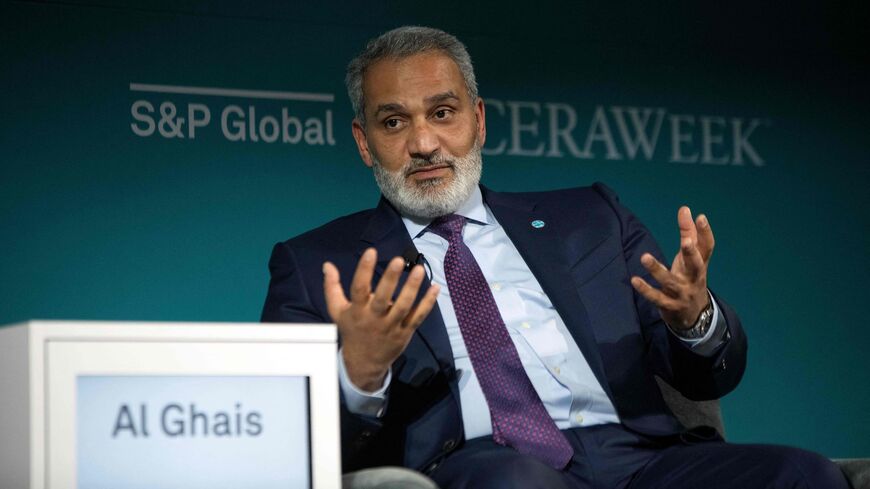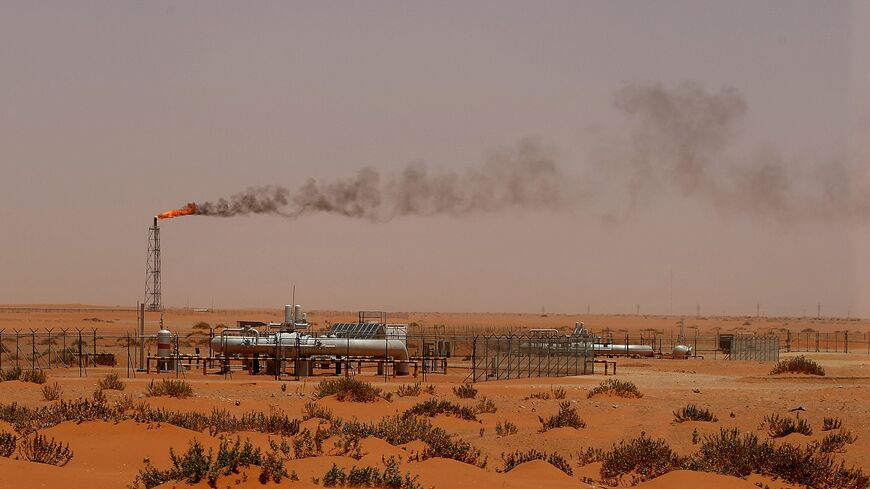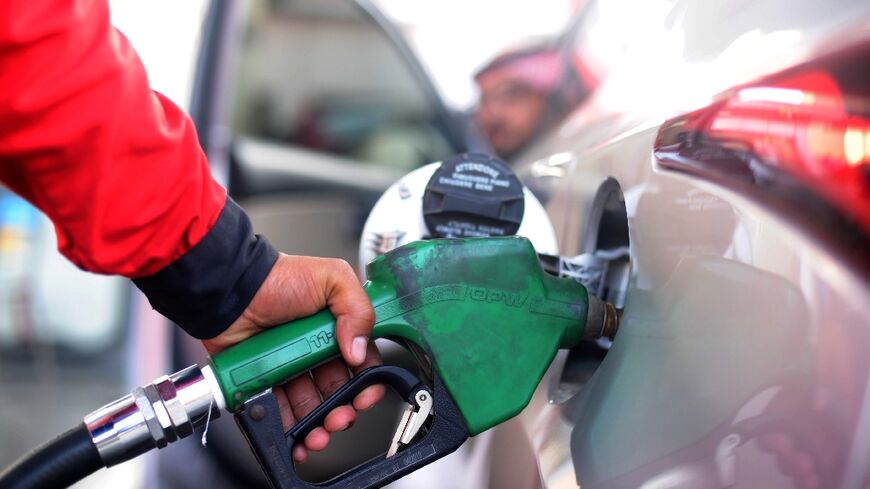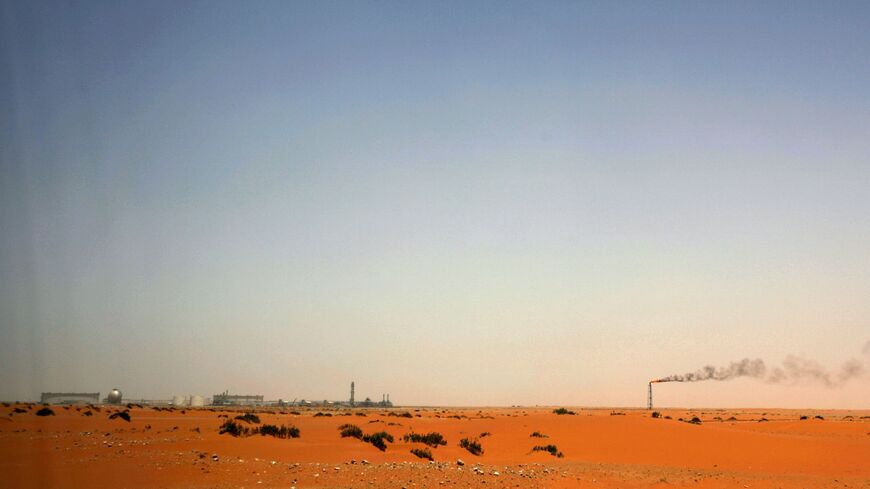What's behind Saudi Arabia's increase in crude oil prices for Asian market?
The kingdom wants to restrain oil production to keep demand up, but the increase in prices to Asian customers is more related to refining values, says one expert.
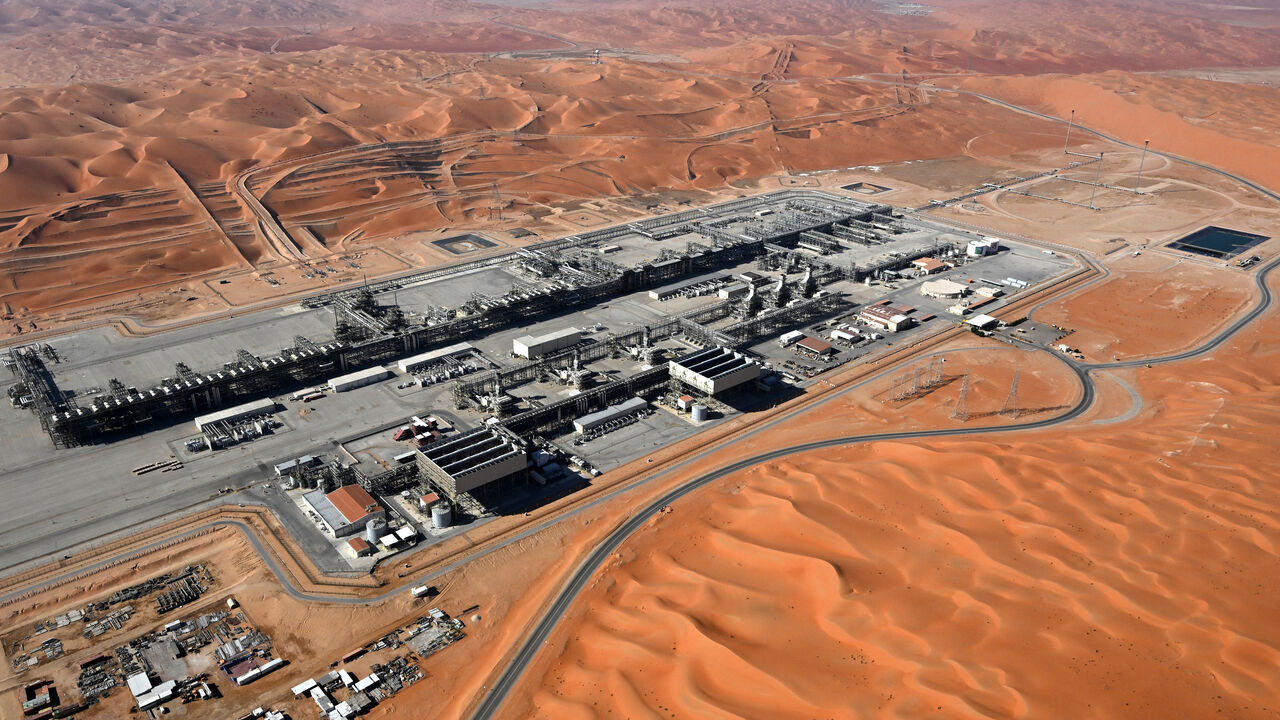
Saudi Arabia has raised the price of its oil to customers in Asia, including China, according to a Monday report, ahead of a much-anticipated OPEC+ meeting on production targets next month.
The Saudi state-owned Aramco raised the June price of Arab Light crude, its flagship crude oil, for Asia customers by $0.90 to $2.90 above the Oman-Dubai benchmark. The hike constitutes the third consecutive monthly increase in Arab Light crude prices to Asia, Bloomberg reported.
The latest available price data for Arab Light was around $85 a barrel.
China is among the importers of Arab Light. In November of last year, independent Chinese refineries imported 560,000 metric tons of Arab Light. The refineries imported more than 2.2 million metric tons of Saudi oil overall that month, according to a report from S&P Global Commodity Insights. Saudi Arabia was China's second-largest oil supplier in 2023, behind only Russia.
Why it matters: According to Bloomberg, the increase is in line with Saudi Arabia’s efforts to keep prices up amid a fading risk of war in the Middle East. The outbreak of the war in Gaza in October led to spillover conflicts throughout the region, including strikes by the Iran-backed Houthi rebels in Yemen on international shipping in the Red Sea. Concerns of an all-out war rose further with Iran’s unprecedented attack on Israel last month, though Israel's response was perceived as limited, Al-Monitor reported at the time.
Oil prices originally rose following the start of the Gaza war. The price of Brent crude oil, considered the benchmark for global oil prices, reached above $92 a barrel in October following the start of the Gaza war. However, Brent crude has remained mostly below $90 a barrel since then. Brent crude was trading at around $83.40 as of 4:30 p.m. ET on Monday.
Concerns about China’s economy and significant crude supplies from the United States and other non-OPEC countries are additionally keeping prices down, according to Bloomberg. The United States increased oil production significantly in 2023 in response to high fuel prices.
On the other hand, Mike Rothman, the founder of Cornerstone Analytics, said that the increase in Saudi crude prices to Asia has more to do with adjustments based on the refining value of crude oil. “There’s nothing unusual going on,” he told Al-Monitor.
Crude oil is unprocessed oil that has yet to be refined for use as fuel.
The Saudi moves come ahead of the June 1 meeting between the Organization of the Petroleum Exporting Countries (OPEC) and other major oil producers it cooperates with — namely Russia. The group, collectively known as OPEC+, has implemented a series of voluntary cuts since late 2022, and the reductions are currently set to remain in place until the end of June. OPEC+ will decide at the meeting whether to extend the voluntary 2.2 million barrels per day (bpd) cuts beyond next month.
Reuters reported last week that OPEC+ could keep the cut if demand fails to increase.
Rothman said that Saudi Arabia views the $102 bpd average price of Brent crude between 2010 and 2014 as ideal. The kingdom is seeking to adjust production accordingly at the OPEC+ meeting, partly in response to the United states releasing more oil into the market, according to him.
“The goal is to keep production restrained in order to work inventories down further until prices get to a budget friendly level,” said Rothman.
Oil inventories refer to stockpiles of crude. Saudi Arabia and other Gulf states rely on oil for revenue, despite recent economic diversification moves.
Saudi Arabia’s reduced production via the OPEC+ deliberations led the kingdom’s crude oil exports to fall 17.8% in the fourth quarter of 2023.
Know more: Reuters reported on Monday that the Dutch energy giant Shell is in talks with Aramco to sell the former’s fuel stations in Malaysia. Shell owns around 950 fuel stations throughout the southeast Asian country, according to the outlet.



